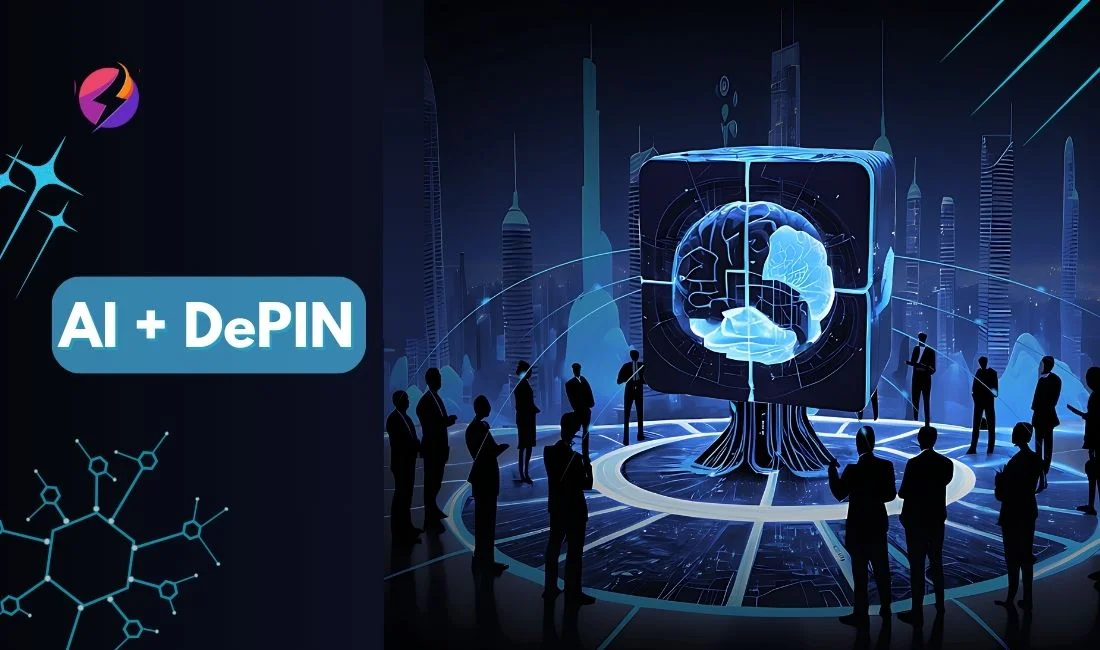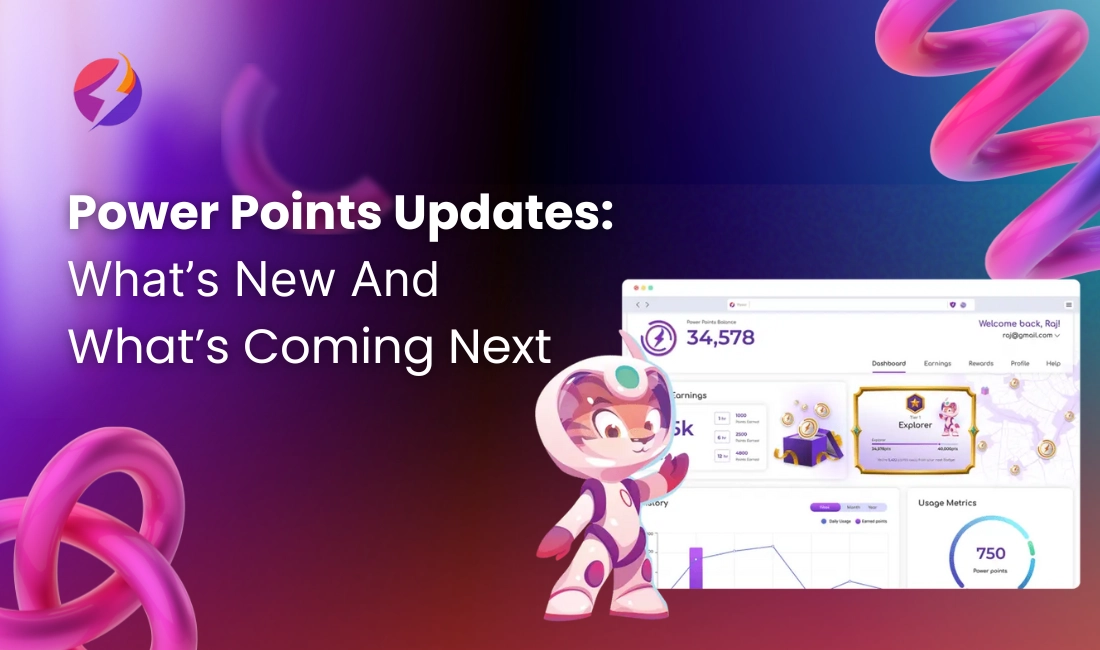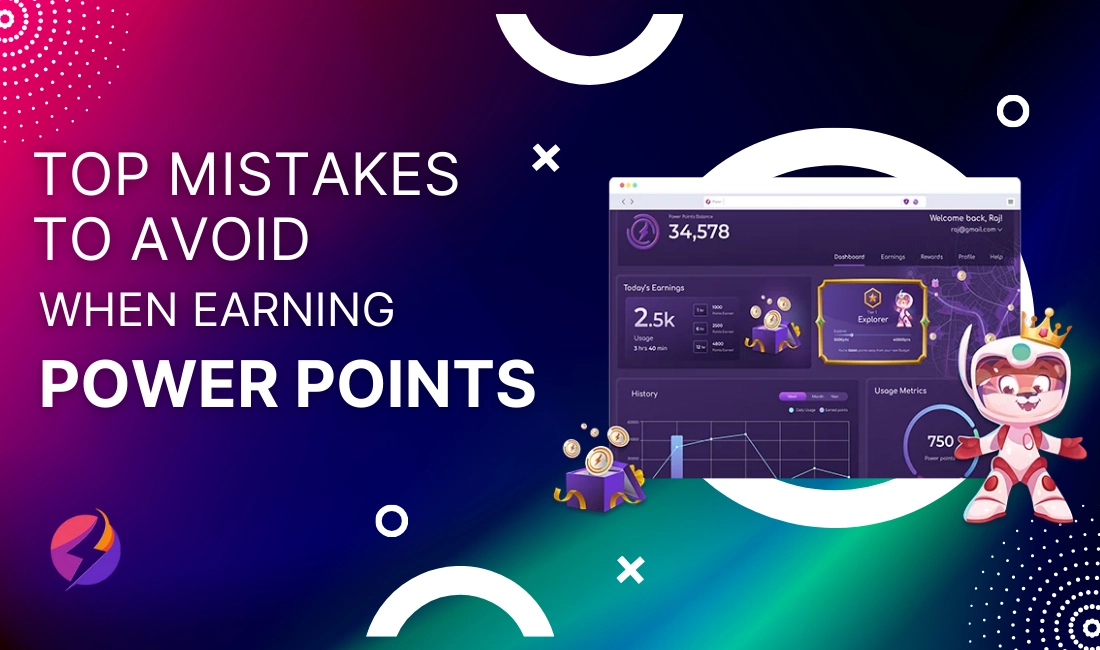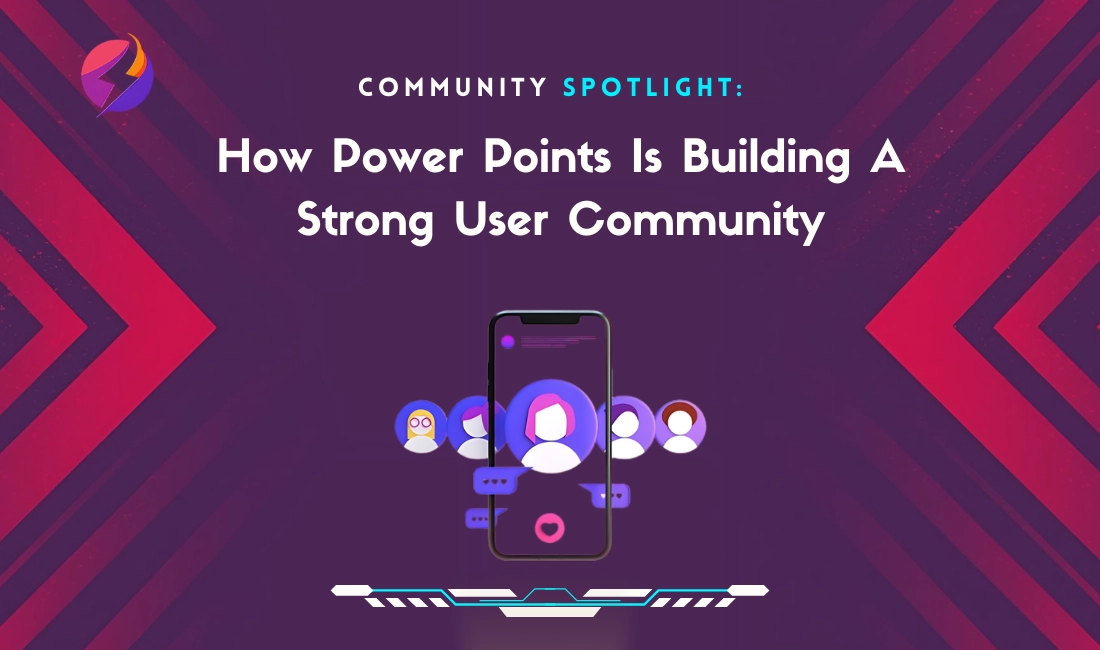With the rapid advancements of Web3, two key forces are emerging as game-changers: Artificial Intelligence (AI) and Decentralized Physical Infrastructure Networks (DePIN).
At the core of Web3, a new way of interacting online is the promise that users will truly own and control their data. In this decentralized internet, AI and DePIN are pivotal.
AI excels at processing and understanding large datasets, enabling smart automation and personalized experiences in Web3 applications. Conversely, DePIN ensures robust privacy and security, empowering users to manage their data access.
Together, AI and DePIN are poised to transform the Web3 ecosystem, making online interactions smarter, safer, and more decentralized.
In this blog, we’ll explore how AI and DePIN are influencing Web3’s development and what this means for the future of the internet.
Artificial Intelligence (AI) plays an important role in Web3, which is the next generation of the internet focused on decentralization and user control. In Web3, a lot of data is generated because many users and applications interact without a central authority. AI can help by analyzing this data, making it easier to understand and use.
For example, AI can create more personalized experiences for users, like showing them content they’re interested in or suggesting products they might like. It can also automate repetitive tasks, saving time and effort. Additionally, AI can help detect and prevent fraud by recognizing unusual patterns or activities.
AI can make Web3 browser smarter, more efficient, and safer, and we’re only just beginning to explore how it can be used in this new era of the internet.
Decentralized Physical Infrastructure Networks (DePIN) are a new idea in blockchain and cryptocurrency that manages physical infrastructure without a central authority. Instead, individuals can contribute to the development of- infrastructure such as transport systems, energy grids, and wireless networks, earning cryptocurrency tokens as rewards.
In 2023, over 650 projects utilized DePIN across diverse fields, including wireless networks, data storage, computing resources, bandwidth, geospatial services, mobility, healthcare, and energy. Each project applies DePIN principles to promote decentralization and fairness within its infrastructure.
As 2024 approaches, DePIN is capturing significant interest. A recent research report predicts that DePIN will be a major trend in the crypto world and emerge as a key hub for DePIN projects.
The DePIN demonstrates how these networks can thrive and expand. The cycle starts with token incentives that attract contributors to build and maintain the network. As the network grows and becomes more effective, its value increases, attracting more participants and perpetuating the cycle of expansion.
Examples of DePIN networks include:
- Electric vehicles, solar panels, and batteries for powering energy grids
- Internet-enabled hotspots, gateways, and antennas for expanding wireless networks with WiFi, LTE, and 5G
- CPUs and GPUs for supporting cloud services
The Decentralized Physical Infrastructure Network (DePIN) is a crucial part of the Web3 landscape. It enables the distribution of essential services like storage, computing power, and GPU resources through a decentralized model. This approach mirrors Bitcoin’s proof-of-work system, where participants are rewarded for contributing their resources, ensuring the network’s reliability and growth.
DePIN plays a significant role in scaling AI technologies within Web3. By decentralizing the infrastructure needed for AI, DePIN enhances efficiency and promotes innovation. This decentralized framework not only supports the deployment and maintenance of advanced AI applications but also fosters a collaborative environment for technological advancements.
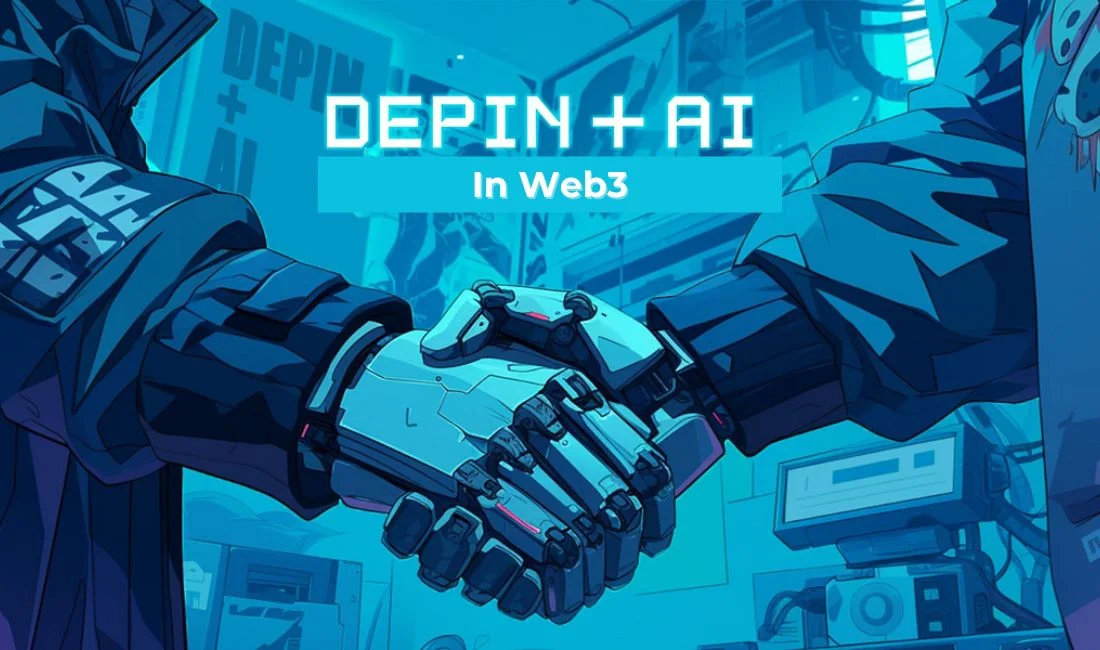
Smart Contract Auditing
Smart contracts are automated programs running on blockchains, but they can have vulnerabilities leading to significant financial risks. AI can audit these contracts to ensure their proper functioning and detect issues, enhancing their reliability and trustworthiness.
Energy Management
Managing clean energy poses challenges. AI can optimize energy usage patterns and predict future energy needs. The blockchain facilitates the direct trading of surplus energy between users and businesses, streamlining energy management.
Gaming and Virtual Reality
Blockchain integration in gaming is growing, with its market projected to reach $772.7 billion by 2032. AI enhances the gaming experience by making games more immersive and improving development efficiency, thus reshaping the gaming and virtual reality landscape in Web3.
RWA Tokenization
Tokenization involves converting real-world assets (RWAs) like real estate, artwork, or currency into digital tokens on the blockchain. Predictions suggest that tokenized assets could be valued at $10 trillion by 2030. AI aids in creating and managing these tokens, ensuring compliance with regulations and enhancing their security, thereby expanding the range of tokenizable assets.
Market Analysis and Automated Trading
The crypto market can lead to significant losses, such as the $1 billion lost by traders in August 2023. AI can analyze market data, social media trends, and news to forecast market movements, helping traders make informed decisions and avoid scams.
Data Analytics
Blockchains serve as unalterable ledgers with vast amounts of data. AI can quickly analyze and understand this data, revealing important insights and boosting the intelligence of blockchain-based networks. This integration fosters a more trustworthy data economy.
Personalized Recommendations
While personalized recommendations are common, AI and blockchain in Web3 offer advanced customization. AI can analyze blockchain data to understand user preferences, providing tailored recommendations for new cryptocurrencies, Web3 projects, and NFTs.
AI and DePIN are reshaping Web3 by enhancing smart contract security, combating fraud, and streamlining data and energy management. Power Browser complements these advancements by providing a fast, secure, private browsing experience. It integrates AI-driven ads without compromising user privacy.
Beyond standard web navigation, Power Browser delivers a seamless and empowering online journey. Leveraging role of AI and DePIN in Web3 technology, it offers users unparalleled control over their browsing. Whether you’re conducting research, managing finances, or staying updated with the news, Power Browser ensures your activities are swift, secure, and private.
Together, these technologies are creating a more efficient and secure digital landscape, setting the stage for future growth and success.
Here are the key features of Power Browser:
Privacy and Security
Safeguard your data and privacy with Power Browser’s enhanced security measures, designed to protect against breaches, malware, and other cyber threats, ensuring your sensitive information stays safe while you browse.
Ad Blocker
Enjoy a faster, smoother, and more private browsing experience without the distraction of ads, pop-ups, or banners. Power Browser’s ad-blocking feature accelerates browsing speed, conserves data, and enhances privacy by blocking intrusive advertisements.
Light and Dark Mode
Effortlessly switch between light and dark modes with a single click, tailoring your browsing experience to your surroundings or mood. Enjoy the traditional brightness of light mode or the soothing tones of dark mode for optimal comfort in any lighting.
Crypto Chronicles
Stay informed on the latest in cryptocurrency with real-time news, market trends, and regulatory updates, helping you make informed decisions in the dynamic world of digital currencies.
Voice Search
Experience hands-free browsing by speaking commands or questions aloud, making it easier to search and navigate the web without typing. Ideal for multitasking, driving, or when you prefer a more natural way to browse.
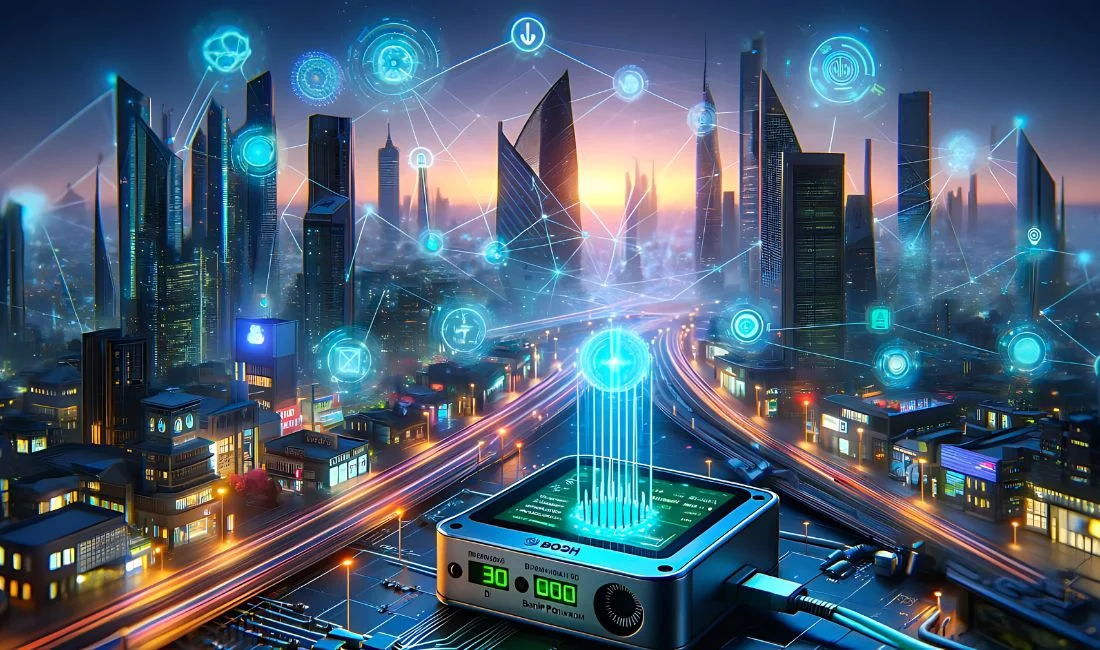
Even though AI and DePIN come from different tech areas, their combined potential is very promising. When used wisely, these technologies can greatly benefit each other:
Data Integrity
DePIN offers a transparent and accountable infrastructure, vital for reliable AI training and inference models.
Compute Access
DePIN facilitates wider access to computing power by enabling smaller companies and individual developers to utilize GPUs through a decentralized network.
Algorithm Verifiability
Zero-knowledge proofs and on-chain provenance empower users to verify data sources and the correctness of model executions in large language models.
Conversely, AI can enhance efficiency and extract valuable insights from extensive decentralized networks. Picture smart cities where DePIN sensors supply environmental data to AI systems that manage traffic and energy use. Or AI models trained on diverse medical data from patient-owned health records to aid in diagnostics.
However, unlocking this potential requires addressing risks such as data misuse and AI misalignment. Robust oversight mechanisms are necessary to ensure that AI models align with human values before achieving widespread optimization.
The role of AI and Decentralized Physical Infrastructure Networks (DePIN) within Web3 is exceptionally bright. As these technologies advance, they are poised to transform interactions with the digital realm in profound ways.
AI is expected to become increasingly advanced and embedded in Web3 applications. This evolution could usher in more personalized and intelligent digital experiences, ranging from enhanced recommendation systems to improved market forecasts. Moreover, role of AI and DePIN in auditing smart contracts and managing extensive blockchain data is likely to expand.
DePIN is set to overhaul the physical infrastructure underpinning the Internet. With more real-world assets being tokenized and physical infrastructure becoming decentralized, anticipate a more balanced and efficient allocation of resources. This shift promises significant cost reductions and greater accessibility.
The role of AI and DePIN has the potential to shape a Web3 that is not only more intuitive for users but also prioritizes privacy and offers greater functionality.

